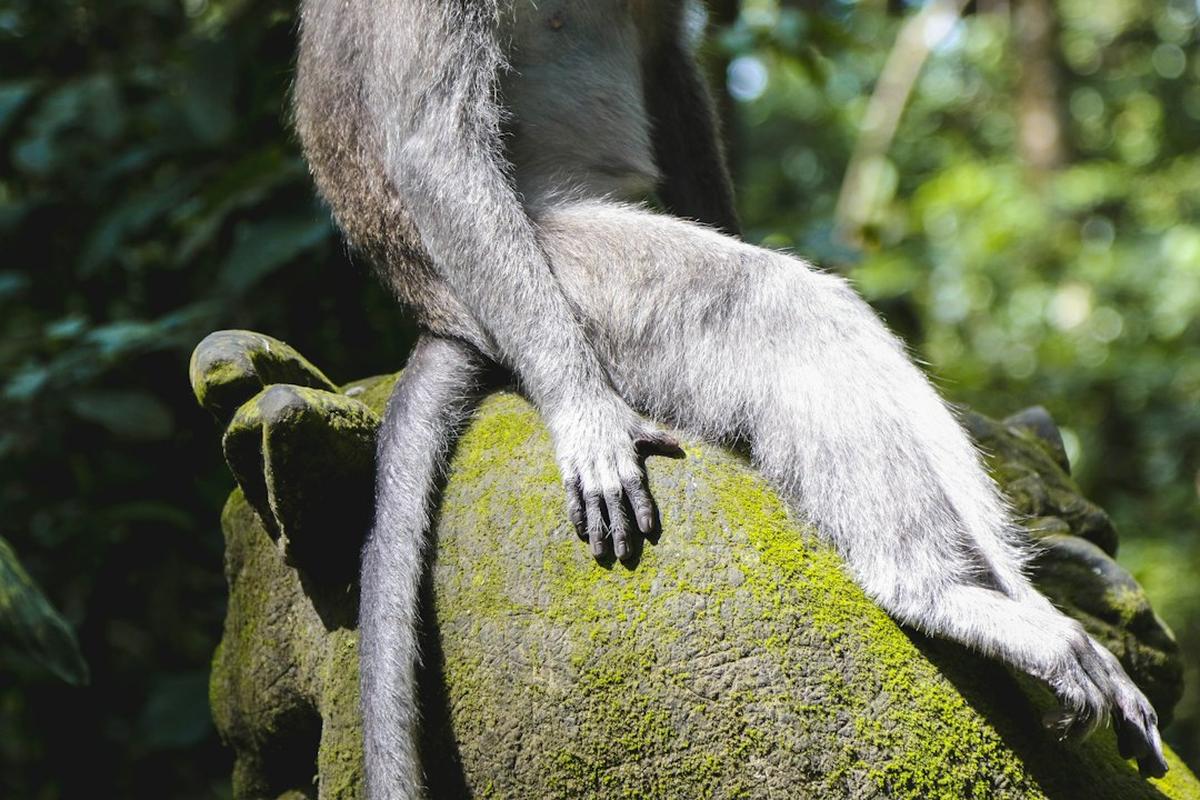The Theory of Evolution, as proposed by Charles Darwin, has been a cornerstone of biological sciences for over a century. It provides a framework for understanding the diversity of life on Earth, suggesting that all species are related and have changed over time in response to natural selection. Despite its scientific standing, the theory of evolution has been a subject of controversy and is not universally accepted. This article aims to explore the reasons behind this resistance, delving into the nature of science, the role of education, religious beliefs, sociocultural factors, psychological factors, and political ideologies.
The Nature of Science and Its Misunderstanding
The Nature of Science (NOS) is a fundamental aspect of scientific literacy, encompassing the principles and processes that guide scientific inquiry. Misunderstandings about the NOS can significantly contribute to the non-acceptance of scientific theories, including evolution. Many people mistakenly view science as a collection of absolute truths rather than a dynamic process of inquiry and discovery. This misconception can lead to a rejection of evolution, which is often perceived as “just a theory” rather than a well-supported explanation of biological diversity.
Moreover, the complex and probabilistic nature of evolutionary theory can be challenging to grasp. The concept of deep time, for instance, is crucial for understanding evolution but is often misunderstood. The lack of direct, observable evidence for some aspects of evolution can also lead to skepticism, despite the robust indirect evidence supporting the theory.
The Role of Education in Understanding Evolution
Education plays a critical role in shaping individuals’ understanding and acceptance of evolution. However, the state of science education today often falls short in effectively teaching evolutionary theory. Many biology courses focus on factual recall rather than fostering a deep understanding of scientific concepts and processes. This educational gap can lead to a superficial understanding of evolution, contributing to its rejection.
Improving evolution education requires a shift towards teaching the NOS, emphasizing the evidence supporting evolution, and addressing common misconceptions. Incorporating active learning strategies, such as inquiry-based labs and discussions, can also enhance students’ understanding and acceptance of evolution.
Religious Beliefs and the Theory of Evolution
Religious beliefs often pose a significant barrier to the acceptance of evolution. Many religious individuals perceive evolution as incompatible with their faith, leading to its rejection. However, this perceived conflict is not universal. Many religious denominations accept evolution, viewing it as a natural process guided by a divine power.
Case studies of individuals reconciling their faith with science illustrate that it is possible to accept evolution without compromising religious beliefs. For instance, Francis Collins, a prominent geneticist and devout Christian, advocates for the compatibility of faith and science, arguing that they answer different types of questions – science explains the how, while religion addresses the why.
The Influence of Sociocultural Factors on Acceptance of Evolution
Sociocultural factors, including societal attitudes towards science and the portrayal of evolution in the media, can significantly influence individuals’ acceptance of evolution. Societies that value scientific literacy and critical thinking tend to have higher acceptance rates of evolution. Conversely, societies with strong anti-science sentiments or misinformation about evolution often exhibit lower acceptance rates.
The media also plays a crucial role in shaping public perception of evolution. Misrepresentations or oversimplifications of evolutionary theory in popular media can contribute to misconceptions and skepticism. Addressing these sociocultural barriers requires promoting scientific literacy, combating misinformation, and fostering a more accurate portrayal of evolution in the media.
Psychological Factors in Accepting Evolution
Psychological factors, including cognitive biases and fear of uncertainty, can also contribute to the resistance to evolution. Cognitive biases, such as confirmation bias, can lead individuals to selectively interpret information in a way that confirms their preexisting beliefs, including rejection of evolution. Fear of uncertainty or existential anxiety can also drive individuals to reject evolution, as it challenges comforting beliefs about human uniqueness and purpose.
Overcoming these psychological barriers requires fostering critical thinking skills, promoting an understanding of the NOS, and addressing the existential concerns associated with accepting evolution.
The Impact of Political Ideologies on Evolution Acceptance
Political ideologies can significantly influence individuals’ views on evolution. Political polarization, particularly in the United States, has led to a divide in acceptance of evolution, with conservatives being less likely to accept the theory than liberals. Legislation can also shape public opinion on evolution, with laws that promote or restrict the teaching of evolution in schools influencing societal acceptance of the theory.
Depoliticizing the evolution debate requires promoting an understanding that science is not a matter of belief or ideology but a process of inquiry aimed at understanding the natural world.
To Sum Up
The resistance to the theory of evolution is multifaceted, involving misunderstandings about the nature of science, educational gaps, religious beliefs, sociocultural factors, psychological barriers, and political ideologies. Broadening the understanding and acceptance of evolution requires addressing these factors, promoting scientific literacy, and fostering a more accurate understanding of what evolution is and what it is not.
Frequently Asked Questions
Why is the theory of evolution controversial?
The theory of evolution is controversial due to misunderstandings about the nature of science, educational gaps, religious beliefs, sociocultural factors, psychological barriers, and political ideologies.
How can education improve understanding and acceptance of evolution?
Education can improve understanding and acceptance of evolution by teaching the nature of science, emphasizing the evidence supporting evolution, addressing common misconceptions, and incorporating active learning strategies.
Can religious beliefs be compatible with the theory of evolution?
Yes, many religious individuals and denominations accept evolution, viewing it as a natural process guided by a divine power.
How do sociocultural factors influence acceptance of evolution?
Sociocultural factors, including societal attitudes towards science and the portrayal of evolution in the media, can significantly influence individuals’ acceptance of evolution.
What psychological factors contribute to the resistance to evolution?
Psychological factors, including cognitive biases and fear of uncertainty, can contribute to the resistance to evolution.
How do political ideologies impact views on evolution?
Political ideologies can significantly influence individuals’ views on evolution, with political polarization leading to a divide in acceptance of the theory.
References:
- McComas, W. F., Clough, M. P., & Almazroa, H. (2011). The role and character of the nature of science in science education. In Advances in nature of science research (pp. 3-39). Springer, Dordrecht.
- Nickels, M. K., Marbach-Ad, G., & Miller, K. R. (1996). Just the facts? Introductory undergraduate biology courses focus on low-level cognitive skills. Journal of Research in Science Teaching: The Official Journal of the National Association for Research in Science Teaching, 34(5), 435-454.








